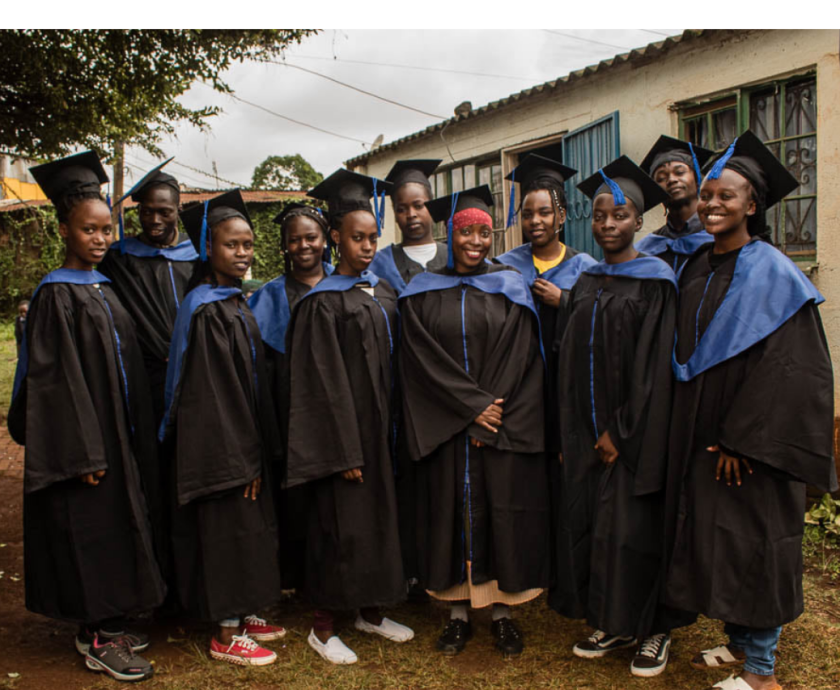Sexual and gender-based violence (SGBV) is a pressing global health crisis affecting millions of women and girls around the world. Shockingly, more than 730 million women have experienced physical or sexual violence at least once in their lives. In Kenya, the issue is equally concerning, with the Demographic and Health Survey of 2022 revealing that 34 percent of women and girls surveyed reported experiencing physical violence, and 13 percent reported sexual violence. Disturbingly, many of these cases remain unreported, leaving survivors without justice.

The impact of SGBV especially in the urban informal settlements is both physical and mental, severely affecting survivors’ well-being. Unfortunately, access to quality mental health services is a significant challenge for these survivors. Tackling SGBV requires a collective effort from society, starting with educating children and teens about consent, establishing robust support systems for survivors, and promoting survivor empowerment. By instilling these values from an early age, we can create a culture of respect, understanding, and justice for all.
One crucial step the Polycom Girls has taken in addressing SGBV is educating children and teens about consent and respect. The prevalence of SGBV is alarming, with statistics showing that 40.7% of ever-partnered women in Kenya have experienced physical or sexual intimate partner violence. Even more concerning, the Violence Against Children Survey found that nearly two-thirds of women who experienced childhood sexual violence had multiple incidents before age 18.
To change this culture and prevent sexual assault, Polycom has endured to have open conversations about consent and boundaries for girls and women at a young age. Here are some essential tips for parents to guide these conversations:
Teach children the proper names of their body parts and explain which parts are private. Educate children that they have the right to say “no” to touches that make them uncomfortable. Discuss the concept of secrets and reassure children that they can always talk to you, even if someone tells them to keep a secret. Model appropriate behavior by demonstrating respect and kindness toward others. Create an environment where your child feels comfortable coming to you with questions or concerns. Empower children to understand that they have choices in how they react to situations.
Polycom emphasizes that these early conversations about consent don’t necessarily have to be about sex; they can focus on relationships, boundaries, and treating others with respect. Empowering children at a young age will set the foundation for understanding consent and respect as they grow into young adults.
Polycom cannot win this war alone. Efforts to combat SGBV in Kenya should include improving post-rape care, which is hindered by staff training and a lack of essential equipment. All stakeholders, including donors and other civil society organizations, need to support survivors’ groups and engage survivors in decision-making processes to enhance mental health services for survivors.




